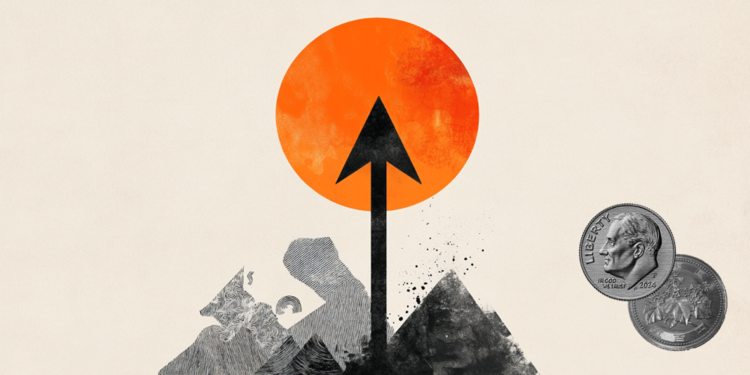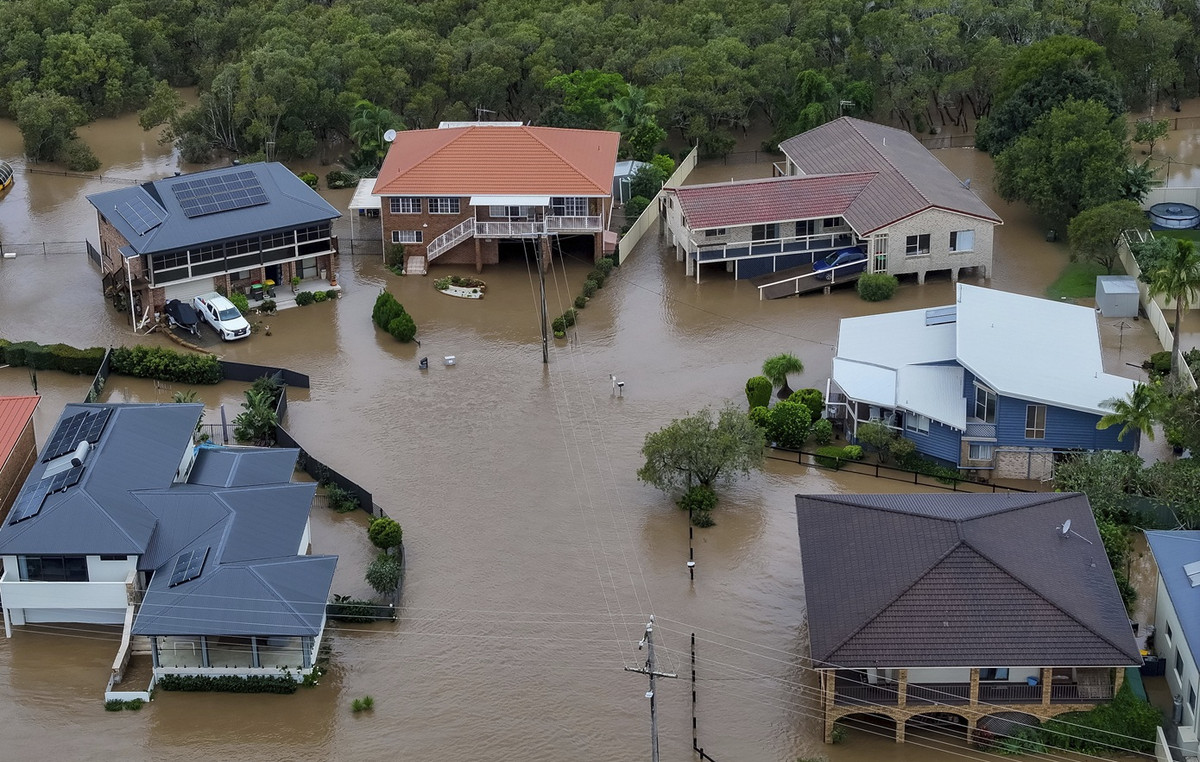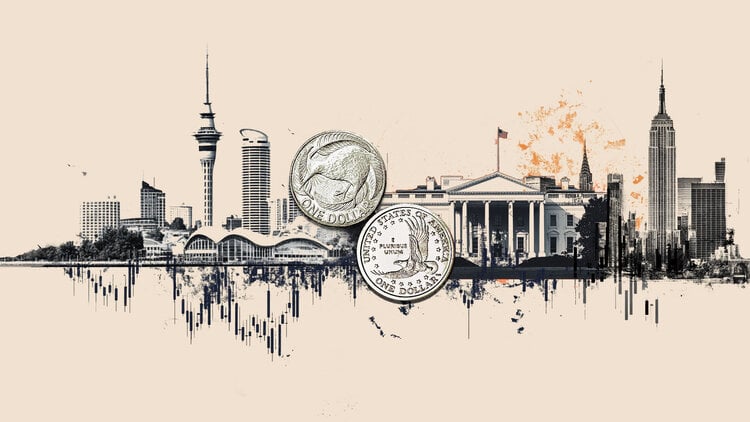THE Petrobras was once again the target of criticism from members of the federal government since the announcement on Friday (17) of a new adjustment in gasoline and diesel prices. The state-owned company is Brazil’s largest company by market value, according to Forbes magazine, and is also the country’s main oil producer.
Currently, the Union owns 36.61% of the company’s total shares, but holds just over 50% of the ordinary shares, which give the right to vote, leading to control of the state-owned company and its strategic policy. In addition to the government, there are also foreign minority shareholders and national individuals.
Like any other company, Petrobras pays the so-called dividends an amount destined to its shareholders and which is calculated taking into account the number of shares that each investor owns and the company’s profits in a given period.
In 2021, for example, the state-owned company’s net profit was BRL 106.6 billion, an increase of 1,400% compared to BRL 7.11 billion in 2020. Based on the amount, Petrobras paid BRL 202.9 billion in taxes and BRL 37.3 billion in dividends to the Union, out of a total of BRL 101.4 billion.
According to data released by Petrobras, between 2015 and 2017, without recording profits, the company did not pay dividends to the Union. In 2018, BRL 1.2 billion was transferred to the federal government, an amount that rose to BRL 2.9 billion in 2019.
The performance in the first quarter of 2022 was also a record, with R$ 44.5 billion and an increase of 3,000% compared to the same period.
Behind the two results, the state-owned company points out elements such as the policy of selling assets considered inappropriate with the company’s current strategic policy, such as some refineries, and a process of reorganizing its accounts only for years without profit.
Reflecting these changes, in September 2021 the rating agency Moody’s raised Petrobras’ credit rating by 1 notch, from “Ba2” to “Ba1”, just 1 notch below the investment grade scale, with a stable outlook.
However, experts point out that the main cause for this result is the soaring Petroleum and consequently of fuels, since 2020, with the beginning of the pandemic.
With fuels more expensive, the company’s margin increased, which generated criticism from the political class. This process occurred due to the so-called international price parity, in which Petrobras seeks to follow the oil price.
The idea is to avoid a large gap between the prices practiced in Brazil and in other countries, which could discourage the importance of companies and lead to a lack of fuel, especially diesel, due to the country’s lack of self-sufficiency.
The president Jair Bolsonaro (PL), for example, went so far as to say that “it is unacceptable for Petrobras’ profits to be huge during a crisis, this is a crime. The Brazilian population pays the bill for Petrobras’ profits”.
After the most recent readjustment, the president of the Chamber, Arthur Lira stated that the state-owned company acted “as a friend of billionaire profits and an enemy of Brazil” and defended a change in pricing policy.
The amount allocated to the government, however, allows for an increase in revenue, increasing the amount of money available for investments in areas such as education, health and infrastructure.
On the other hand, Petrobras also claims that the increase in cash allows for an increase in investments in social programs, and the creation of new ones. This is the case with the creation of the gas voucher program, which subsidizes the purchase of gas cylinders for poorer families as a way of compensating for high prices. The state-owned company also maintains promotion programs in areas such as scientific research, health, sustainability and culture.
Petrobras’ strategic plan between 2022 and 2026 involves solving the debt, investing to reduce the emission of polluting gases, modernization of refining, investments in responsibility and commercial opening in the area of derivatives and natural gas. The forecast is to invest US$ 68 billion, just over R$ 340 billion, concentrated in the area of exploration and production.
Despite no longer having a monopoly in the exploration of oil producing fields, Petrobras is still the main agent in the sector, allowing Brazil to have domestic production. In recent years, the company’s focus has been on exploring the so-called pre-salt, a type of oil that is purer and located in deeper areas, but which also requires more investment.
The idea is that, with exploration, Brazil can become one of the largest producers of the commodity in the world and acquire independence in relation to external supply. In the last four years, Petrobras’ production in pre-salt fields has tripled.
Source: CNN Brasil







